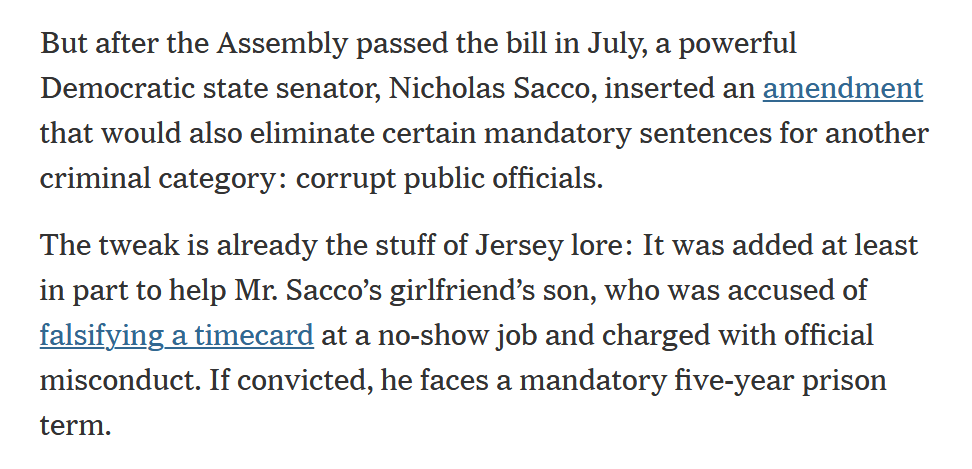
I appreciate that most people want to talk about this as Turley being hypocritical.
But we should also see this as a serious breach of academic ethics and professionalism.
But we should also see this as a serious breach of academic ethics and professionalism.
https://twitter.com/steve_vladeck/status/1351170067908722689
Turley’s prominence in public discourse relies, in part, on his position as a professor—that status carries with it a claim to expertise on legal matters.
Apparently his expertise led him to conclude the exact opposite of what he is claiming now on an issue of great importance.
Apparently his expertise led him to conclude the exact opposite of what he is claiming now on an issue of great importance.
When I say “great importance,” I’m not exaggerating. Some Senators have already signaled that their vote in the impeachment trial will turn on this issue. And we know because he was asked to testify at previous impeachments, that GOP leadership sees Turley as an authority.
Perhaps Turley has an explanation for why he has discarded his considered legal opinion.
If so, I would have hoped that he’d presented that explanation before or during the announcement of his new opinion.
At a bare minimum, he should offer it immediately.
If so, I would have hoped that he’d presented that explanation before or during the announcement of his new opinion.
At a bare minimum, he should offer it immediately.
But until and unless he does so, I think Turley has done something much worse than offering a poorly reasoned opinion on a pressing current event—something that many of us have done at some point. He has violated the very norms of academia.
FWIW, here’s something that @oldfatherc and a bunch of us worked on a few years ago about scholarly ethics. I’d be interested to hear from folks about what we suggested. scholarship.law.marquette.edu/mulr/vol101/is…
Hello to all the people who are here to say that they think Turley should be fired or otherwise reprimanded by his law school
I could not disagree with you more
We can have academic norms without destroying academic freedom
I could not disagree with you more
We can have academic norms without destroying academic freedom
Update: it looks as though Turley is now acknowledging the article, which I’m *very* glad to see.
I understand that some folks (like @steve_vladeck ) are disputing his attempt to reconcile the two. But I haven’t done the necessary work to evaluate this.
I understand that some folks (like @steve_vladeck ) are disputing his attempt to reconcile the two. But I haven’t done the necessary work to evaluate this.
https://twitter.com/steve_vladeck/status/1351244304535203844
• • •
Missing some Tweet in this thread? You can try to
force a refresh




